BRICS member leaders, partner countries and guests pose for a group photo on July 7 - Photo: BRICS Brazil
With 126 commitments in the joint statement and the participation of 10 partner countries, including Vietnam, this event affirmed the increasingly important role of developing countries.
Asserting the Global South's voice
This year's BRICS Summit continues the two-main event model as last year in Kazan. The conference gathering leaders of official BRICS member countries takes place in parallel with the expanded BRICS conference, attracting the participation of many partner countries.
The joint statement represents an effort to unite the voices of developing countries and the Global South.
In the economic sphere, key points focused on reforming international organizations such as the WTO, the IMF and the World Bank.
On WTO reform and global protectionist pressures, the statement contained expected language regarding protectionist pressures in the world economy but did not specifically attribute it to any country.
BRICS economies once again expressed support for the WTO as the cornerstone of the global trading system.
The main innovation this year came from Brazil's proposal to create the BRICS Multilateral Guarantee (BMG) initiative.
According to researcher Yaroslav Lissovolik - founder of the BRICS+ Analytics project, this initiative will address one of the main weaknesses in the intra-BRICS investment cooperation mechanism.
BMG aims to provide suitable guarantee instruments to reduce risks for strategic investments and improve credit availability in BRICS and the Global South, significantly increasing the scale of financing for development projects from the private sector.
The most important messages in the statement concern expanding membership and maintaining consensus.
The principle of consensus remains the mainstay of the bloc's activities. The statement also noted the importance of BRICS being outward-looking and open to other developing economies.
According to Mr. Lissovolik, this demonstrates support for other countries' cooperation activities with BRICS and the BRICS+ format.
"Overall, the statement reflects the BRICS group's consensus on the prospect of membership expansion. Along with that is the cautious progress towards new initiatives," Mr. Lissovolik commented.
Preparing for COP30
In the statement, BRICS leaders expressed support for multilateralism to tackle the climate threat and agreed on how to achieve the goals of the 2015 Paris Agreement.
They called for creating “accessible, timely and affordable” climate finance to ensure a just energy transition.
Leaders also welcomed Brazil's plan to set up a fund at COP30 to secure long-term financing for conservation.
Brazil is said to have asked China and the BRICS countries in the Middle East to be seed donors for the fund, but most of the money is expected to come from wealthy countries in the global north – where the first industrial revolution began and where the most emissions are produced.
Brazil, a country that has always promoted multilateralism, has tried to create the glue to heal the cracks caused by the current development gap in the world.
The 126 commitments in the joint statement - which cannot be adopted without consensus - affirmed the determination to increase bilateral trade, science and technology cooperation and climate cooperation.
BRICS consensus is key. Whether the group can become a representative voice for the Global South will contribute to Brazil's confidence in hosting COP30.
Negotiations for COP30 are stalled over money, with the EU and other rich nations refusing to make up the shortfall in climate funding after the US withdrawal.
Vietnam affirms its active role
At the expanded BRICS Summit, Prime Minister Pham Minh Chinh conveyed a message of strengthening multilateral cooperation and affirming the role of developing countries in the global governance system.
According to Deputy Foreign Minister Nguyen Minh Hang, leaders of countries and international organizations highly appreciated Vietnam's proposals as well as its proactiveness and responsibility in contributing to solidarity and strengthening cooperation to address international challenges.
"The working trip has contributed to enhancing the country's role and position and deepening the cooperative relationship between Vietnam and its partners. Thereby attracting resources, making breakthroughs in science and technology, and promoting market diversification," Ms. Hang affirmed.
Tuoitre.vn
Source: https://tuoitre.vn/brics-2025-cuoc-tong-duyet-cho-hoi-nghi-cop30-20250708235321174.htm


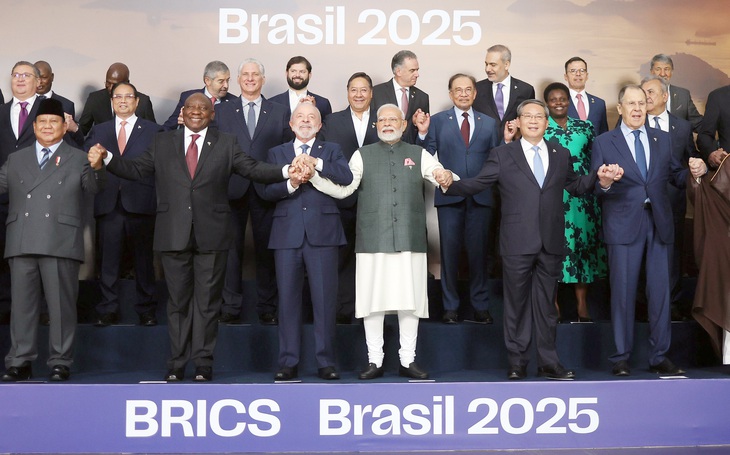
![[Photo] Many streets in Hanoi were flooded due to the effects of storm Bualoi](https://vphoto.vietnam.vn/thumb/1200x675/vietnam/resource/IMAGE/2025/9/29/18b658aa0fa2495c927ade4bbe0096df)


![[Photo] General Secretary To Lam attends the ceremony to celebrate the 80th anniversary of the post and telecommunications sector and the 66th anniversary of the science and technology sector.](https://vphoto.vietnam.vn/thumb/1200x675/vietnam/resource/IMAGE/2025/9/29/8e86b39b8fe44121a2b14a031f4cef46)
![[Photo] National Assembly Chairman Tran Thanh Man chairs the 8th Conference of full-time National Assembly deputies](https://vphoto.vietnam.vn/thumb/1200x675/vietnam/resource/IMAGE/2025/9/29/2c21459bc38d44ffaacd679ab9a0477c)
![[Photo] General Secretary To Lam receives US Ambassador to Vietnam Marc Knapper](https://vphoto.vietnam.vn/thumb/1200x675/vietnam/resource/IMAGE/2025/9/29/c8fd0761aa184da7814aee57d87c49b3)
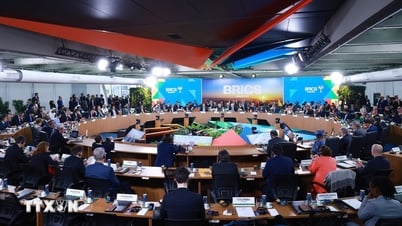

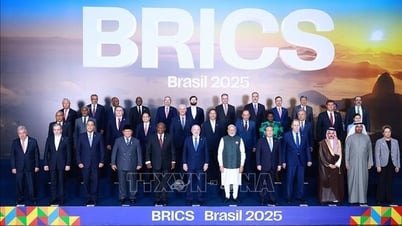

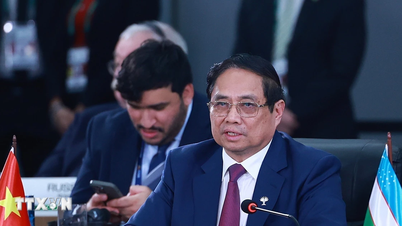
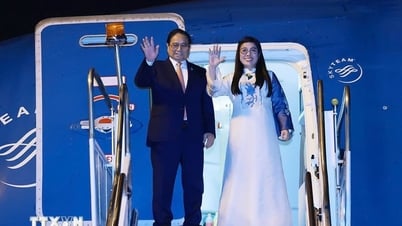
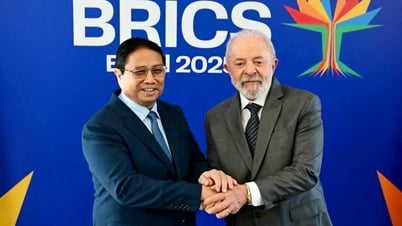
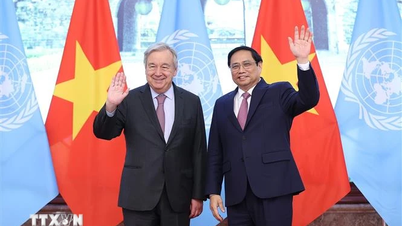

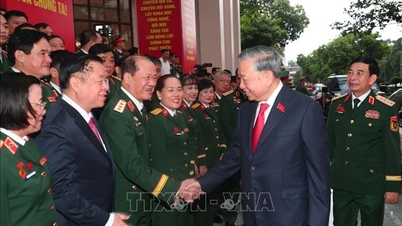


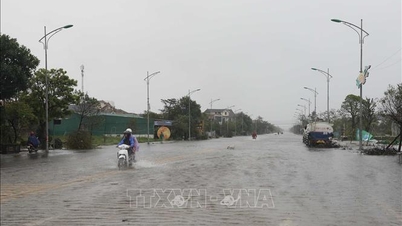







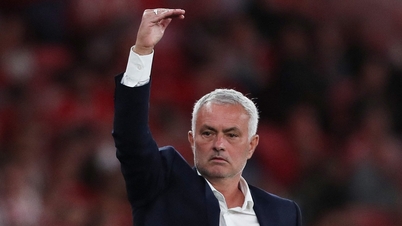
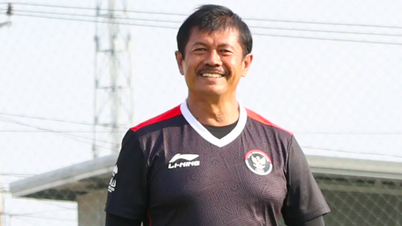
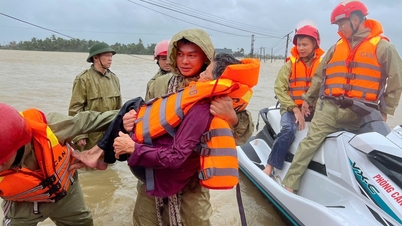









































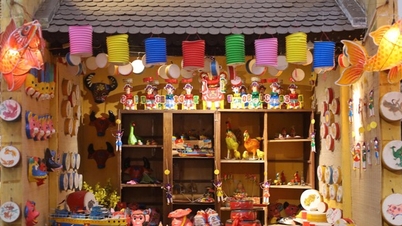



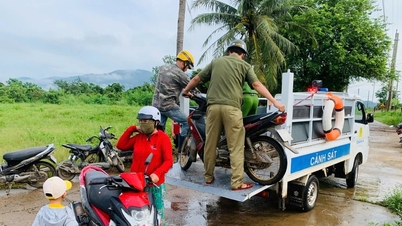

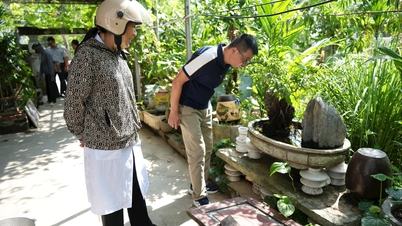



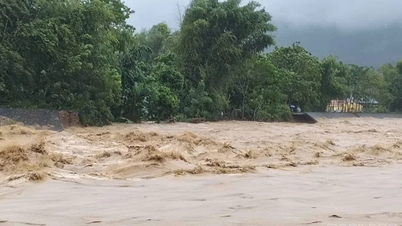















Comment (0)